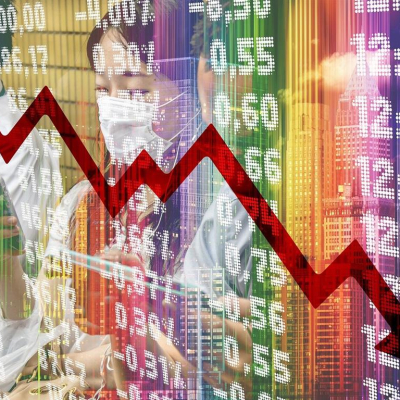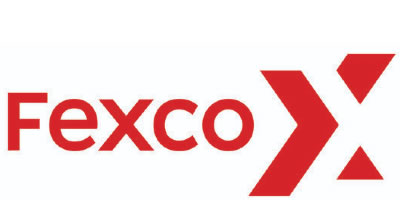Monaco Residency - The Competitive European Tax Haven

International property surveys often see Monaco quoted as one of the most expensive country in the world to invest in property. When it comes down to street level, Monaco again frequently tops the surveys with Princesse Grace Avenue the most expensive streets in the world to buy real estate.
So it would seem to make sense that Monaco is one of the most expensive tax havens in the world, affordable only to the ultra-wealthy, as part of gaining residency in Monaco requires buying or renting a property.
Surprisingly, this isn't the case.
Benefits of life in Monaco
Geographically, Monaco is at the centre of Europe, with France and Italy on the doorstep. Helped by new rules for residency in Andorra, Monaco can be as inexpensive as its main competitors in Europe with a distinct advantage of being close to the European transport system, including the rail network and an international airport. Getting out and about locally is well served with a cheap efficient bus service within Monaco itself, and there is a train station in Monte Carlo with trains running to the French Riviera in one direction and Italy the other. Some residents spend the week in the Principality and spend the weekends on the French Riviera or Italy.
The best known annual event is the Grand Prix held at the end of May, and this coincides with the Cannes Film Festival ensuring plenty of celebrities attending the race.
Less well known is the Monaco Yacht Show held in mid-September, but this has grown in stature over the years to now being recognised at the best Superyacht Show in the world.
But life for residents isn't just about fast cars, luxury yachts and celebrities, although they do add to the image of glamour. For culture there are museums, art galleries and the Monte Carlo Ballet and the Opera de Monte Carlo.
And while there are all the big names in retail such as Cartier and plenty of Michelin Star restaurants, equally there are some very good local restaurants and bistros where prices aren't any more than in Paris. For everyday shopping there is a large supermarket in Fontvieille (one of the Principality's districts) along with an open air market offering fresh produce.
Combine that with the Mediterranean climate it's no surprise perhaps that Monaco is the European tax haven of choice.
Why Monaco is a Great Choice
Andorra requires a 400,000 Euro minimum investment in government bonds or buying an Andorra property to that value, or a mix of the two to be eligible. So how can Monaco compete to attract those looking for a tax haven in Europe?
The answer lies in how the applicant approaches residency and property in Monaco, and how long he or she needs a tax haven for. Given that many of those wanting to move to a low tax jurisdiction only need it for five or six years before they can return home, one answer is in renting, and choosing one of the Monaco banks that takes a low initial deposit to secure a certificate showing that the applicant has sufficient funds to be able to look after themselves financially.
The Cost Of Living in Monaco
A one bedroom apartment in a relatively good building with sea views and a parking space will cost around 3,000 Euros a month - for two bedrooms the current rentals start at around 5,000 Euros a month.
Different banks ask for different amounts, and these vary widely from bank to bank, but one of the leading ones is able to produce the certificate with a deposit of 100,000 Euros.
So for someone wanting residency in Monaco the cost of renting a one bedroom apartment for five years would be 180,000 Euros plus 100,000 deposit for the bank (which the applicant keeps). A two bedroom apartment at 300,000 Euros, plus a 100,000 Euros deposit, is returnable when residency is rescinded.
With the changes made in Andorra in 2012, they could be the losers as those wanting to move to a tax haven realise that Monaco is just not affordable, but more affordable than its main competitor.
For more details about the banks property in Monaco visit http://www.banksinmonaco.com/monaco-property-for-sale.
- My Life Abroad -
A selection of expat stories

"A fun compulsive read!"
J. Matcham, Amazon
"I strongly advise people ready to live abroad to read this book!"
Patrice, Amazon

 Global events on real estate markets: are they connected?
Global events on real estate markets: are they connected? How exchange rates can affect how you pay for a property overseas
How exchange rates can affect how you pay for a property overseas What are the Benefits of using a Broker to Manage Regular Overseas Payments?
What are the Benefits of using a Broker to Manage Regular Overseas Payments? Fexco payment solutions
Fexco payment solutions Embassies and Consulates in Monaco
Embassies and Consulates in Monaco